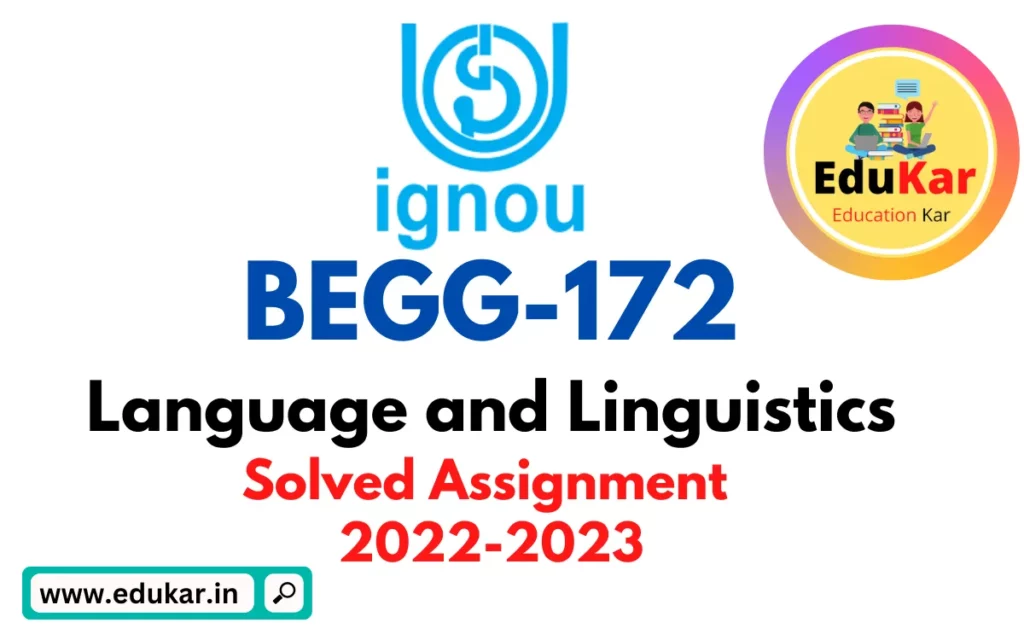Contents
- 1 SECTION A
- 2 I. Write short notes of about 100 words each on the following:
- 3 1. How is academic writing different from non-academic writing? Give suitable examples of both.
- 4 2. Write a short note on what you understand by the term ‘critical thinking’. What are the three essential components of critical thinking?
- 5 3. What aspects should be considered while writing the introductory paragraph of an academic essay?
- 6 4. With suitable examples, explain the significance of ‘signposts’ and ‘transitions’ in narrative.
- 7 5. Explain, with examples, how narrative writing differs from expository writing.
- 8 Section B
- 9 II. Write short essays of about 200 words each on the following:
- 10 1. Discuss the three stages of the process approach to writing.
- 11 2. What is ‘copyright law’? Why is it important for a writer of academic essays to be aware of copyright law?
- 12 III. Answer the following question in about 250 words.
- 13 1. What are the defining features of an argumentative essay? With suitable examples, show how argumentative writing differs from persuasive writing.
- 14 Section C
- 15 IV. Write a well structured composition on the topic:
- 16 1. ‘Online learning and the higher education scenario in India: issues and possibilities.’
- 17 (Your essay should have a clear introductory paragraph, body paragraph and concluding paragraph. You can take hints from Unit 7 to write this answer).
- 18 V. The principal of your college has conducted a meeting to discuss the preparations or the forthcoming College Annual Day. Write a brief report of the meeting.
- 19 VI.
- 20 i. While writing a review, what aspects would you consider, in order to make it most effective?
- 21 ii. Write the review of a research article that you read recently in an academic journal.
IGNOU-BEGG 173 Solved Assignment 2022-2023: Here, you’ll find all the answers to the 2022-2023 Solved Assignment for this course. This resource has been designed to provide you with a thorough understanding of the course material and aid in your academic success. With this guide, you can be confident that you’re submitting accurate and complete assignments, helping you achieve your academic goals.
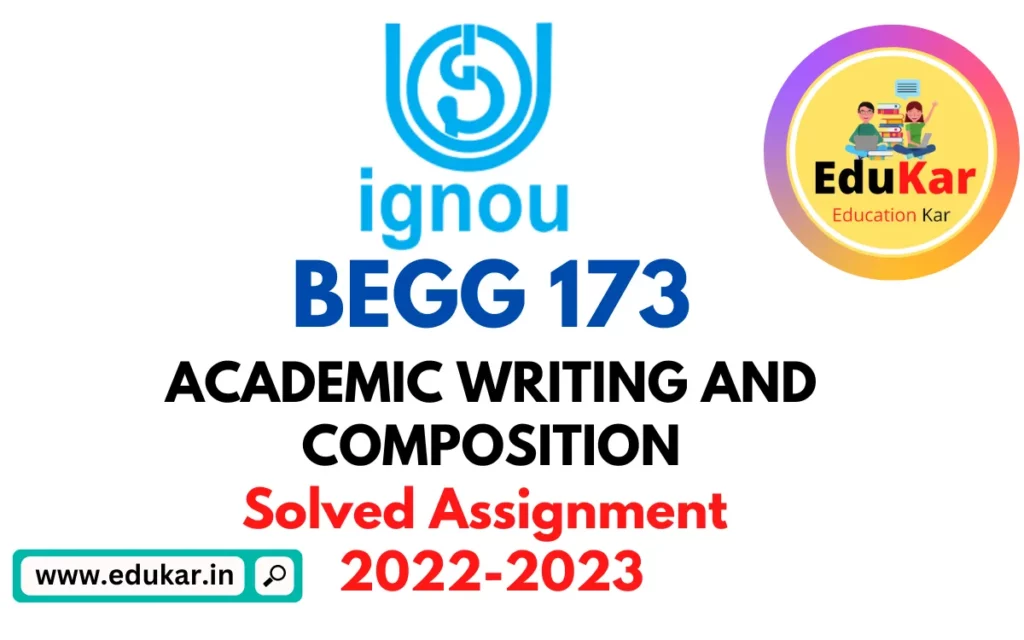
| Title | IGNOU: BEGG 173 Solved Assignment 2022-2023 (ACADEMIC WRITING AND COMPOSITION) |
| University | IGNOU |
| Degree | Bachelor Degree Programme |
| Course Code | BEGG 173 |
| Course Name | ACADEMIC WRITING AND COMPOSITION |
| Total Marks | 100 |
| Year | 2022-2023 |
| Language | English |
| Assignment Code | BANS 183/ASST/TMA |
| Last Date for Submission of Assignment: | For June Examination: 31st March For December Examination: 30th September |
SECTION A
I. Write short notes of about 100 words each on the following:
1. How is academic writing different from non-academic writing? Give suitable examples of both.
Ans: Academic writing is characterized by its formal tone, objective approach, and use of evidence-based arguments. It is written for a specialized audience and follows strict guidelines in terms of style, structure, and citation. Non-academic writing, on the other hand, is more informal, personal and subjective. It is written for a general audience and follows more relaxed guidelines. Examples of academic writing include research papers, journal articles, and thesis, while examples of non-academic writing include blogs, opinion pieces, and creative writing. The main difference between the two is the purpose, audience, and format.
2. Write a short note on what you understand by the term ‘critical thinking’. What are the three essential components of critical thinking?
Ans: Critical thinking refers to the process of evaluating information, arguments, and perspectives in a systematic and objective manner. It involves analyzing and synthesizing information, recognizing assumptions, and making well-reasoned conclusions. The three essential components of critical thinking are: 1) Curiosity, the desire to learn and seek information; 2) Skepticism, the questioning of information and perspectives; and 3) Open-mindedness, the willingness to consider multiple perspectives and ideas. Critical thinking is a valuable skill that allows individuals to make informed decisions and judgments based on evidence, rather than assumptions or emotions.
3. What aspects should be considered while writing the introductory paragraph of an academic essay?
Ans: When writing an introductory paragraph of an academic essay, the following aspects should be considered: purpose of the essay, the main topic, context, background information, thesis statement, and tone. It is crucial to grab the reader’s attention with a strong opening and provide sufficient context to understand the argument. The thesis statement should be clear, concise and provide the reader with a roadmap for the rest of the essay. The tone should be appropriate for the subject matter and audience. Additionally, ensure the introductory paragraph flows logically into the rest of the essay.
4. With suitable examples, explain the significance of ‘signposts’ and ‘transitions’ in narrative.
Ans: Signposts and transitions play a crucial role in creating a clear and cohesive narrative. Signposts are words or phrases that signal to the reader the progression of the story, such as “later,” “meanwhile,” or “as a result.” These help guide the reader and give them a sense of direction. Transitions, on the other hand, connect different sections of the narrative, making it flow smoothly. Examples of transitions include “furthermore,” “in addition,” and “as a result.” By using signposts and transitions, the author can effectively communicate the story’s structure and improve the reader’s overall understanding and enjoyment of the narrative.
5. Explain, with examples, how narrative writing differs from expository writing.
Ans: Narrative writing and expository writing are distinct writing styles with different purposes and characteristics. Narrative writing is characterized by the use of storytelling elements such as plot, characters, setting, and dialogue. The goal of narrative writing is to entertain, evoke emotions, and immerse the reader in the story. For example, a personal anecdote, a fictional story, or a memoir. On the other hand, expository writing aims to inform, explain, or describe a concept or idea, often using facts and evidence. The writing is structured and straightforward, with a clear thesis statement and logical progression of ideas. For example, a news article, an informational essay, or a research paper. In conclusion, while narrative writing focuses on the story, expository writing focuses on the information.
Section B
II. Write short essays of about 200 words each on the following:
1. Discuss the three stages of the process approach to writing.
Ans: The process approach to writing involves a series of stages that help writers develop and refine their writing skills. There are three main stages in this approach: pre-writing, writing, and revision.
Pre-writing is the first stage in the process and involves planning, brainstorming, and gathering information. During this stage, writers determine the purpose of their writing, generate ideas, and organize their thoughts. This stage is critical because it helps writers focus their ideas and create a roadmap for their writing.
The second stage, writing, is when writers begin to put their thoughts into words. This stage is where writers draft the initial version of their piece and focus on getting their ideas down on paper. It’s important to keep in mind that the first draft is just that, a draft, and it’s okay for it to be rough.
Revision is the final stage of the process and involves refining and improving the piece of writing. During this stage, writers evaluate their writing and make changes to improve its structure, flow, and content. This stage can involve making changes to the thesis statement, adding or removing sections, and polishing the language.
2. What is ‘copyright law’? Why is it important for a writer of academic essays to be aware of copyright law?
Ans: Copyright law is a set of legal rules and regulations that protect the rights of creators of original works, such as literature, music, art, and software. These laws give the creator exclusive rights over their work, such as the right to reproduce, distribute, and display the work. This protection lasts for a certain period of time and can vary between countries.
For a writer of academic essays, it is important to be aware of copyright law because using someone else’s work without proper permission or citation can result in copyright infringement. This can lead to serious consequences, such as fines, legal action, and damage to the writer’s reputation. Additionally, plagiarism, or the act of presenting someone else’s work as one’s own, is a violation of academic integrity and can result in serious consequences, such as a failing grade or expulsion from school.
It’s important for writers to understand the basics of copyright law and how to properly use and cite sources. This can be done by using proper citation methods, such as MLA or APA style, and by obtaining permission to use copyrighted material when necessary. By following copyright law and avoiding plagiarism, writers can maintain academic integrity and avoid legal and professional consequences.
III. Answer the following question in about 250 words.
1. What are the defining features of an argumentative essay? With suitable examples, show how argumentative writing differs from persuasive writing.
Ans:
An argumentative essay is a type of writing that presents a well-reasoned argument for a particular position on a topic. The defining features of an argumentative essay include: a clear and debatable thesis statement, the use of evidence to support the argument, and a consideration of opposing viewpoints.
A thesis statement in an argumentative essay presents the writer’s stance on a topic and provides a roadmap for the rest of the essay. The thesis statement should be clear, concise, and debatable, allowing the writer to build an argument around it. Evidence, such as facts, statistics, and examples, is used to support the argument and strengthen the writer’s stance. Argumentative writing also requires the writer to consider and address opposing viewpoints, showing that they have considered multiple perspectives and have a well-rounded understanding of the issue.
Persuasive writing, on the other hand, is similar to argumentative writing in that it aims to convince the reader to accept a particular viewpoint. However, persuasive writing tends to rely more heavily on emotional appeals and personal opinions, whereas argumentative writing relies more heavily on evidence and logic. Additionally, persuasive writing may not always address opposing viewpoints, whereas argumentative writing requires the writer to consider and address counterarguments.
For example, a persuasive essay may argue that school uniforms should be mandatory because they promote a sense of unity and discipline. An argumentative essay on the same topic, however, would not only make this argument but would also consider and address opposing viewpoints, such as the argument that school uniforms limit students’ self-expression.
Section C
IV. Write a well structured composition on the topic:
1. ‘Online learning and the higher education scenario in India: issues and possibilities.’
(Your essay should have a clear introductory paragraph, body paragraph and concluding paragraph. You can take hints from Unit 7 to write this answer).
Ans: Introduction: The introduction of the essay should provide an overview of the topic of online learning in the higher education scenario in India. It should also state the purpose of the essay, which is to discuss the issues and possibilities of online learning in India.
Body Paragraph: The body of the essay should delve into the issues and possibilities of online learning in India. One of the major issues is the lack of access to technology and internet in some rural areas, which makes it difficult for students in those areas to participate in online learning. Another issue is the lack of proper infrastructure and support systems, such as technical assistance and reliable power supply. Despite these challenges, there are also many possibilities with online learning in India. For example, it provides a flexible and convenient learning environment for students, allowing them to study from anywhere and at any time. Additionally, online learning can increase the accessibility of higher education for students in remote areas who might not have the opportunity to attend traditional brick-and-mortar universities.
Conclusion: The conclusion should summarize the main points discussed in the essay and provide a final perspective on the topic of online learning in India. It should be noted that although there are challenges to online learning in India, the potential benefits are significant. With the right support and infrastructure, online learning has the potential to revolutionize higher education in India and increase accessibility for students across the country.
V. The principal of your college has conducted a meeting to discuss the preparations or the forthcoming College Annual Day. Write a brief report of the meeting.
Ans: The principal of the college, [Name], conducted a meeting today to discuss the preparations for the forthcoming College Annual Day. The meeting was attended by [list of attendees]. The purpose of the meeting was to ensure that all aspects of the Annual Day were properly planned and executed.
The principal began the meeting by outlining the main objectives of the Annual Day and emphasized the importance of the event in promoting the college’s image and creating a sense of community among the students and faculty. The various departments were then asked to present their plans and proposals for the event.
The Cultural Affairs department presented their plans for the various competitions and performances that will be held on the day. They also discussed the selection process for participants and the arrangements for prizes and certificates. The Finance department presented the budget for the event and discussed the fundraising activities that will be conducted to meet the expenses.
The principal then discussed the logistics of the event, including the arrangements for security, parking, and catering. The IT department presented their plans for live streaming the event for students and parents who are unable to attend in person.
Finally, the principal assigned responsibilities to various departments and set deadlines for the completion of various tasks. The meeting ended with a discussion of the promotional activities that will be conducted to raise awareness of the event among the students and faculty.
VI.
i. While writing a review, what aspects would you consider, in order to make it most effective?
Ans: When writing a review, it is important to consider the following aspects to make it most effective:
- Objectivity: A review should be based on the writer’s personal experience or observations and should be free of personal biases or opinions.
- Relevance: The review should be relevant to the topic or product being reviewed and should provide valuable information to the reader.
- Clarity: The review should be clear, concise, and well-structured. It should be easy to understand and follow.
- Evidence: The review should be supported by evidence, such as facts, examples, or statistics.
- Tone: The tone of the review should be professional and neutral. It should not be overly negative or positive.
- Length: The review should be of an appropriate length, neither too short nor too long.
- Use of Language: The language used in the review should be appropriate for the audience and the context.
- Conclusion: The review should include a conclusion that summarizes the main points and provides a final assessment of the product or topic being reviewed.
ii. Write the review of a research article that you read recently in an academic journal.
Ans. I recently read a research article in the Journal of Social Science Research titled “The Impact of Social Media on Youth Engagement and Political Participation”. The article provides a comprehensive analysis of the relationship between social media usage and political engagement among young people.
The authors used a mixed-methods approach, combining qualitative and quantitative data, to analyze the data collected from a sample of young people in the United States. They found that social media usage has a significant impact on political engagement among young people, particularly in terms of increasing their awareness of political issues, connecting them with like-minded individuals, and providing a platform for them to participate in political discourse.
The authors also identified some potential challenges associated with social media usage, such as the spread of misinformation, echo chambers, and the tendency for young people to be more politically passive as a result of their online activities. However, the authors argue that these challenges can be mitigated through increased media literacy education and the development of more diverse online communities.
Overall, I found this article to be well-researched and thought-provoking. The authors have provided a nuanced analysis of the relationship between social media and political engagement, highlighting both the positive and negative aspects of this relationship. The study’s findings have important implications for policymakers, educators, and researchers, who are interested in understanding the role of social media in political participation and engagement.
How to Download BEGG 173 Solved Assignment?
You can download it from the www.edukar.in, they have a big database for all the IGNOU solved assignments.
Is the BPAS BEGG 173 Solved Assignment Free?
Yes this is absolutely free to download the solved assignment from www.edukar.in
What is the last submission date for BEGG 173 Assignment?
For June Examination: 31st March, For December Examination: 30th September

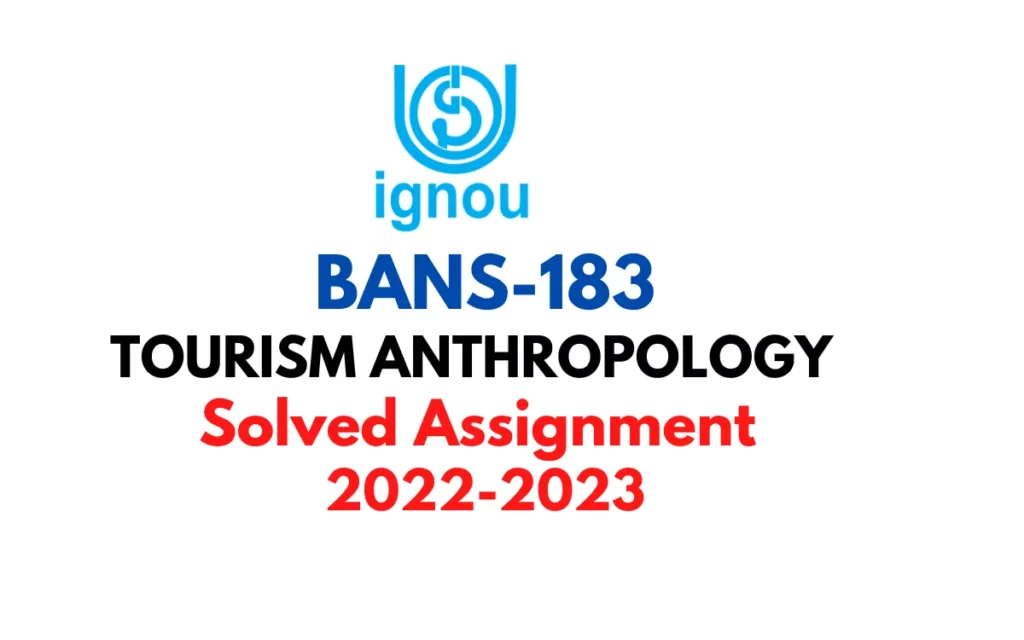
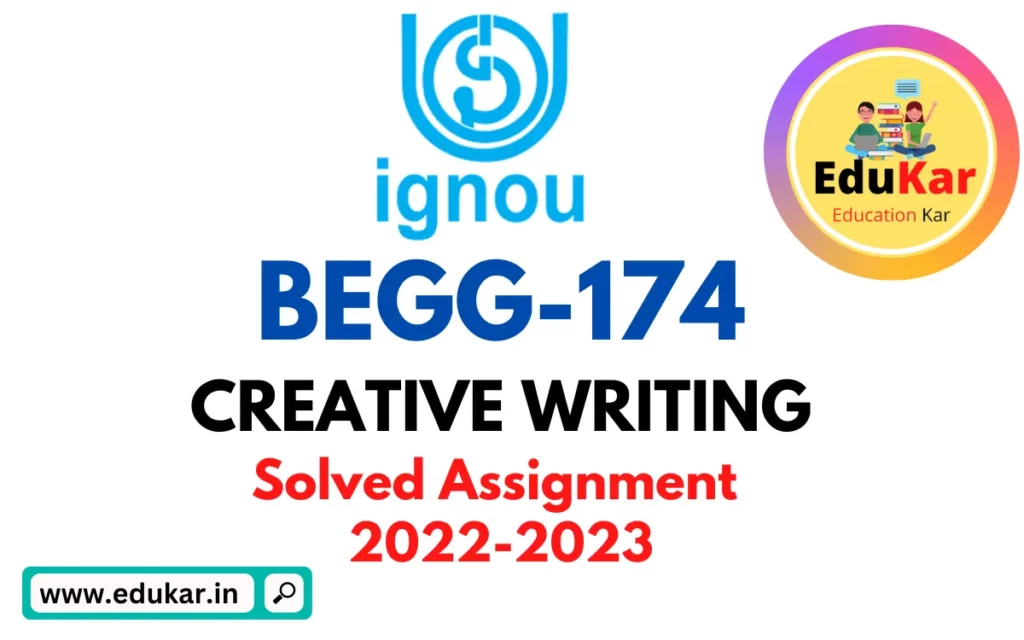
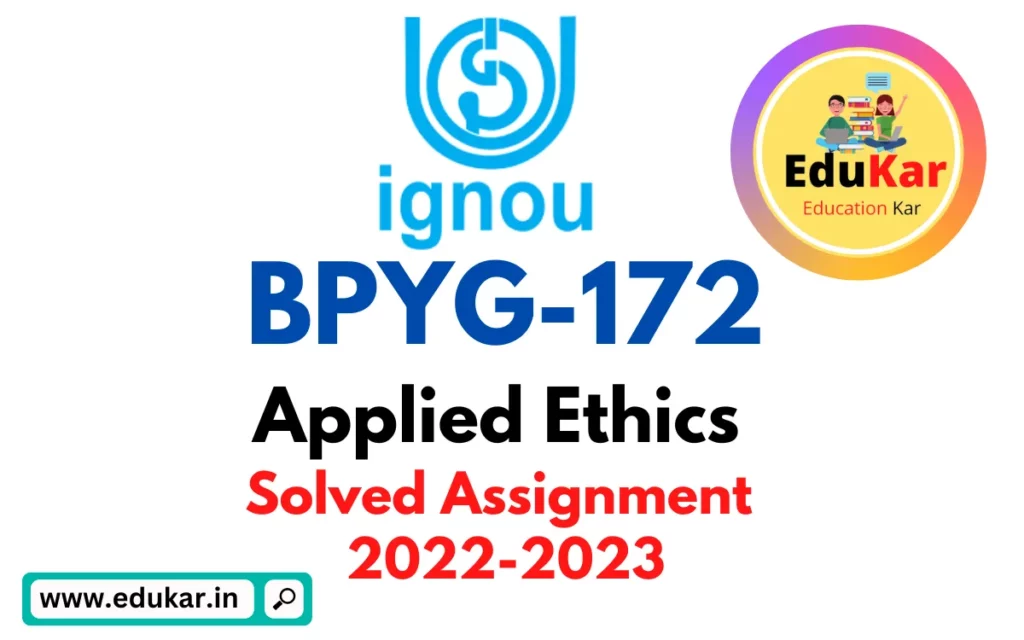
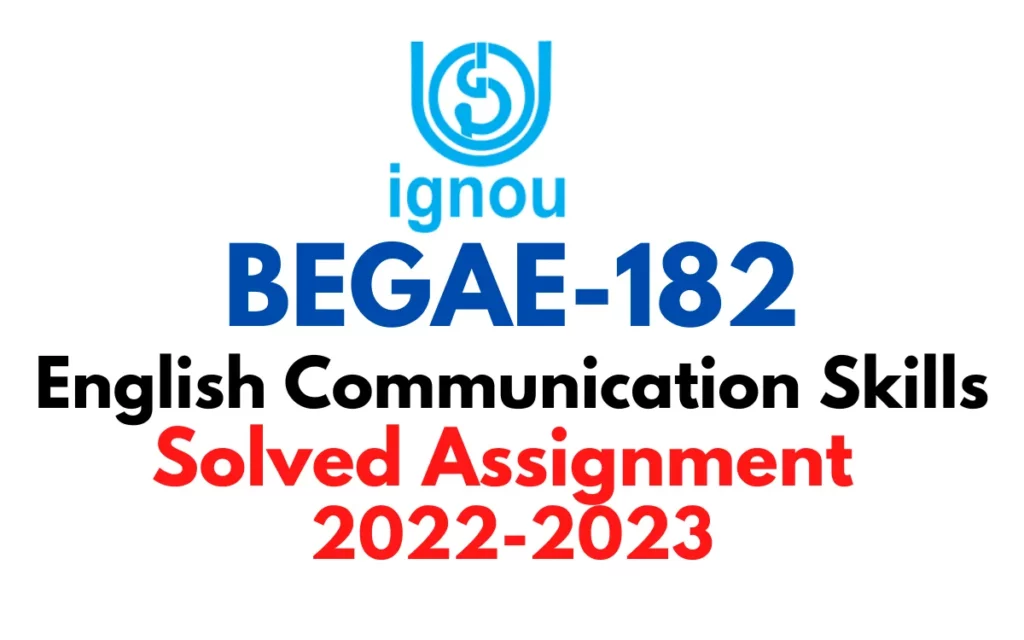
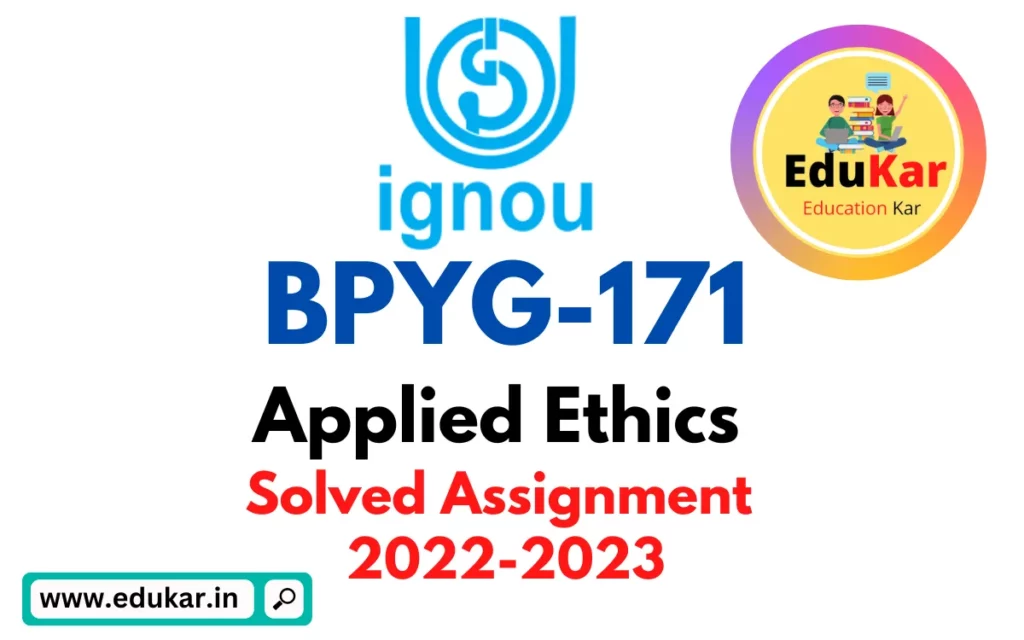
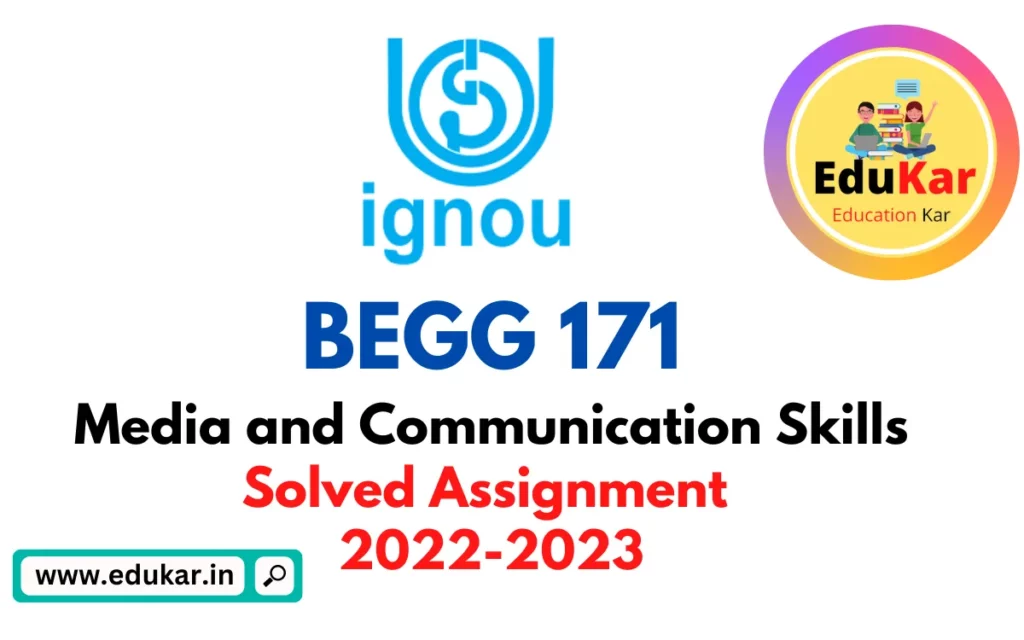
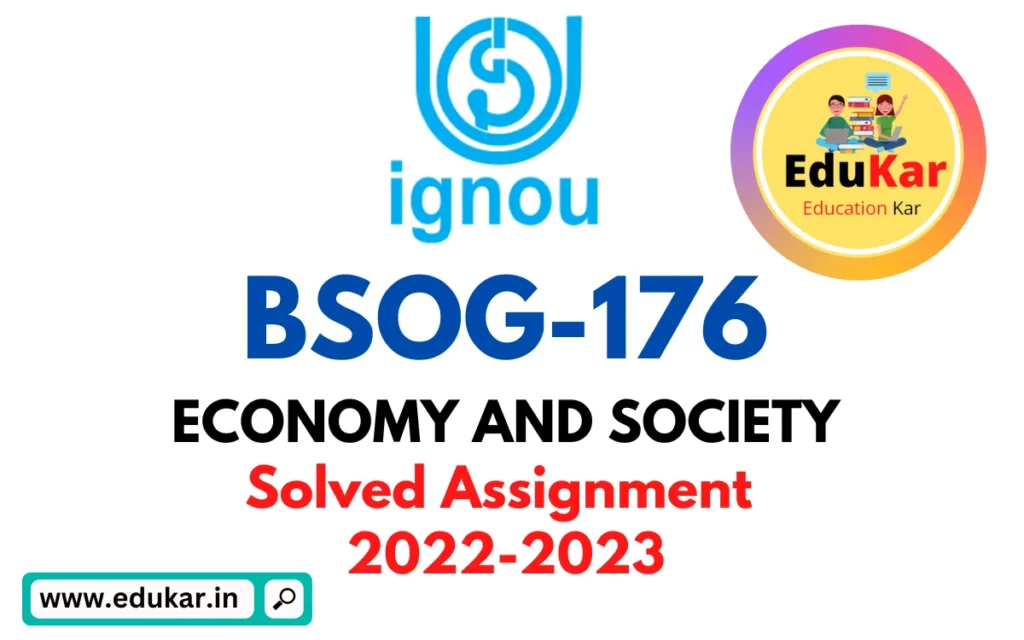
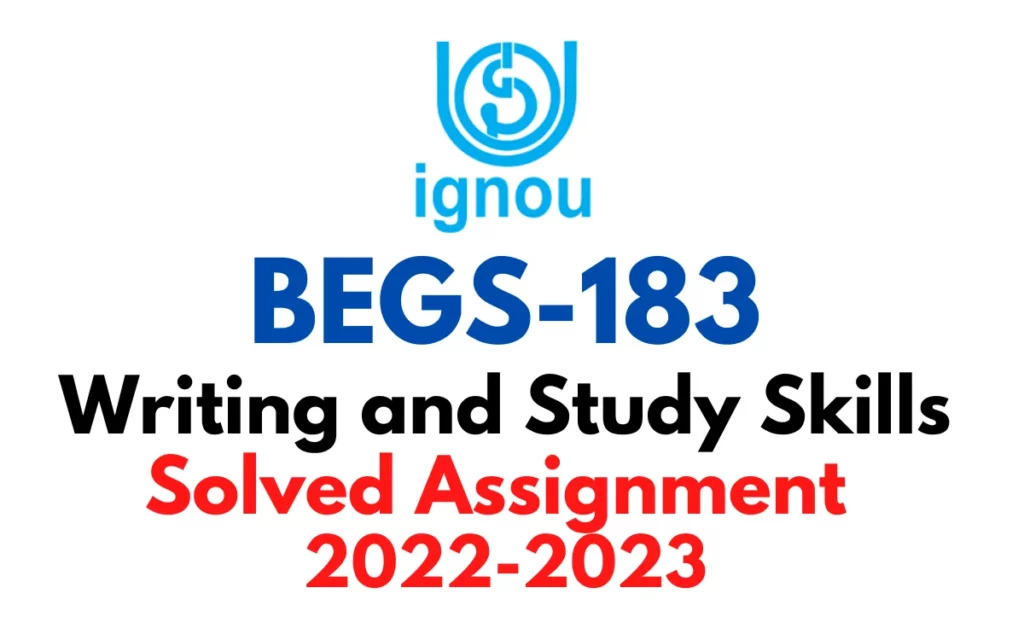
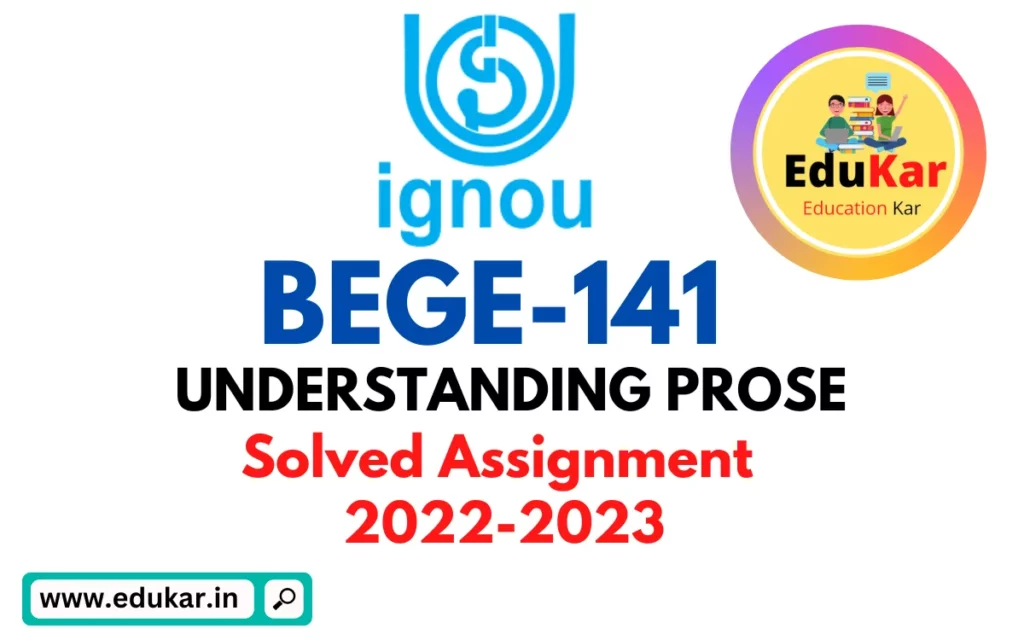
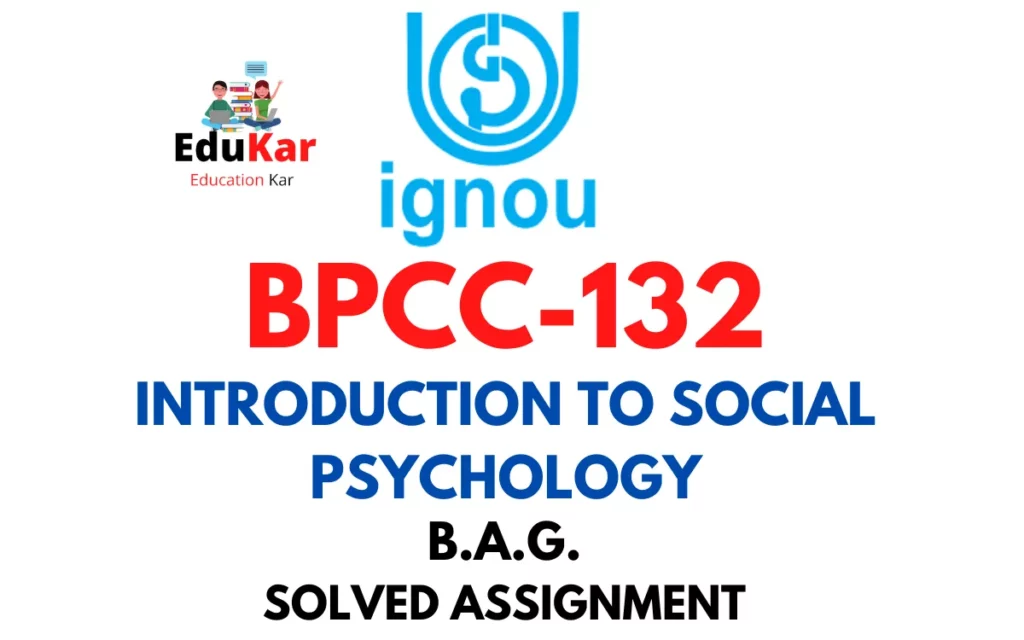
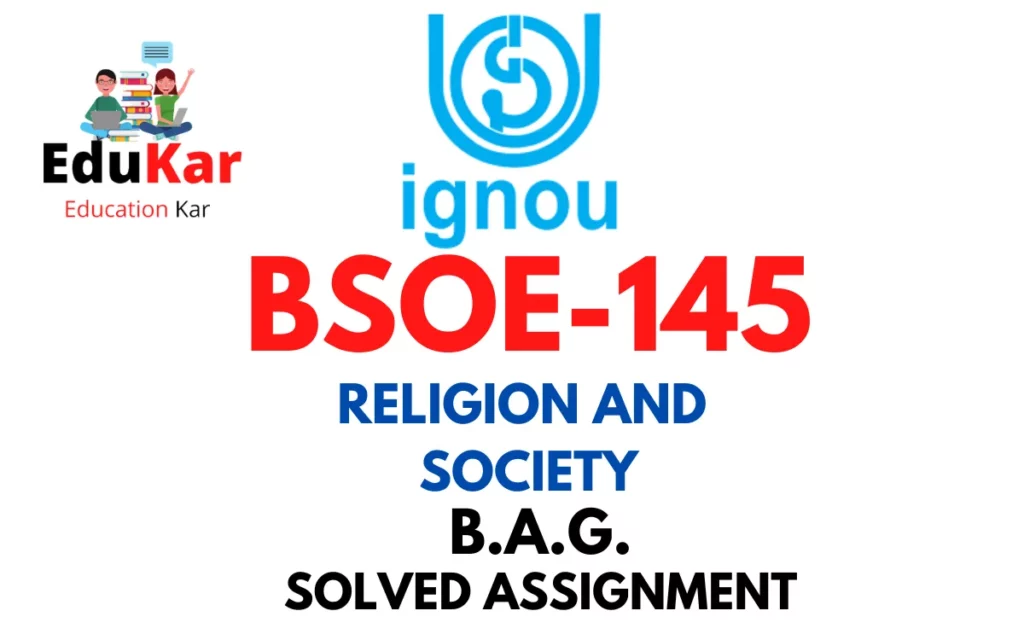
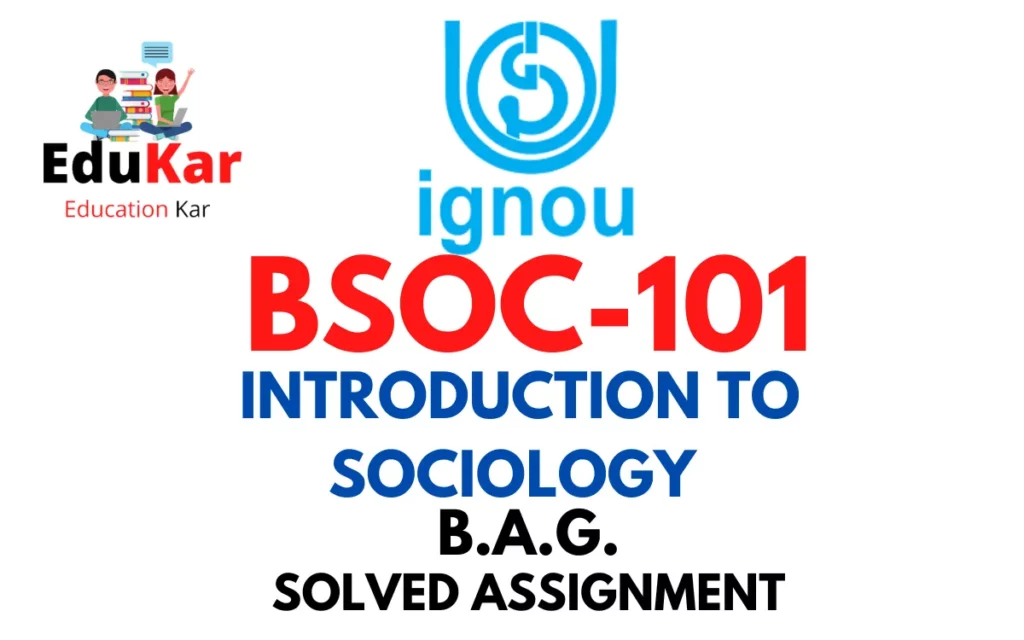
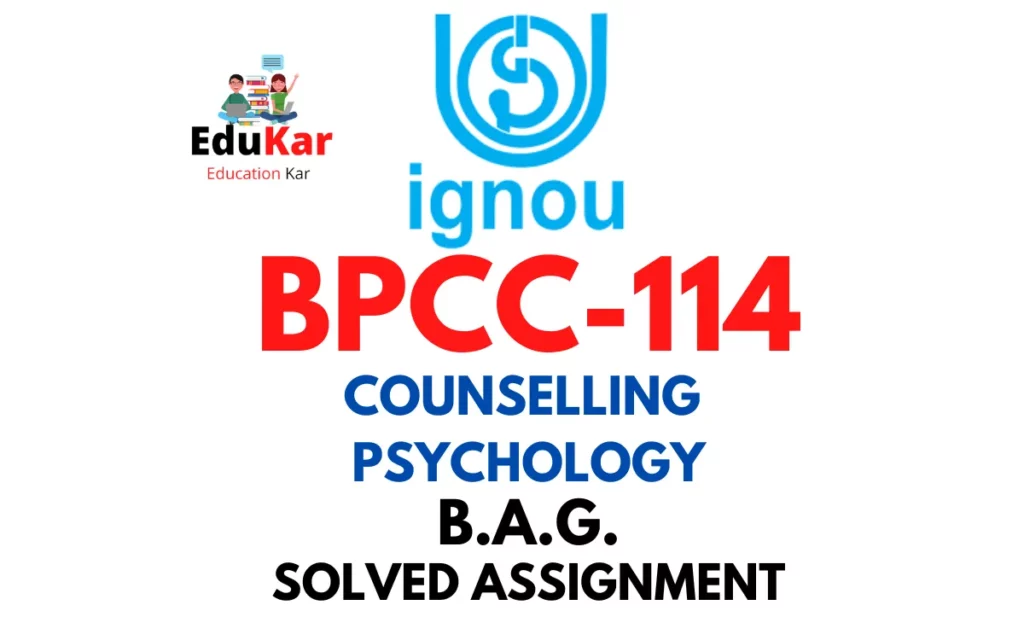
![[Solved Assignment] BPCS 185-DEVELOPING EMOTIONAL COMPETENCE (IGNOU-BAG) 2022-2023 [Solved Assignment] BPCS 185-DEVELOPING EMOTIONAL COMPETENCE (IGNOU-BAG) 2022-2023](https://edukar.in/wp-content/plugins/contextual-related-posts/default.png)
